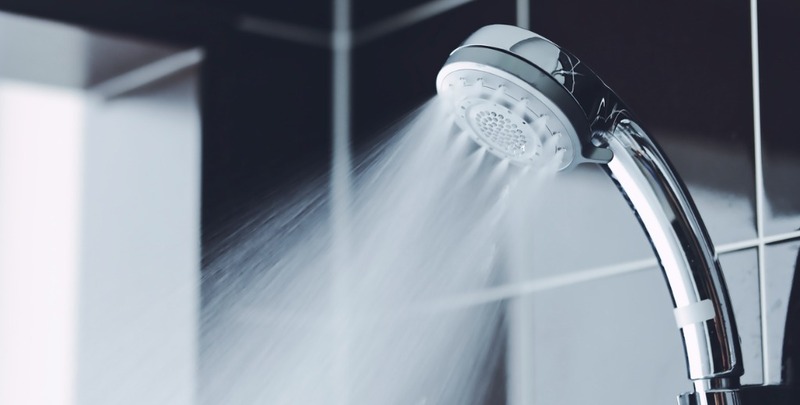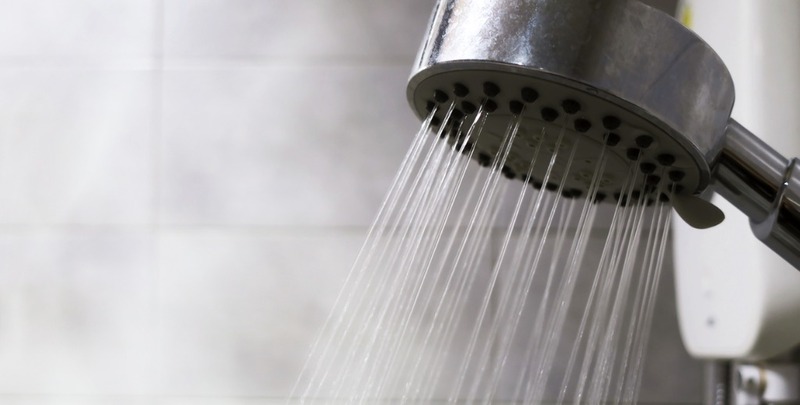What’s the Best Hot Water System?

Hot water is one of life’s essentials. It’s just there every day until your system gives up the ghost and shatters your morning routine.
That’s the time when you wonder why the expression ‘being in hot water’ means being in trouble. Shouldn’t it be ‘being without hot water’? But take heart. While you are contemplating your leaky old unit, your thoughts should turn positive. This, you should tell yourself, is an opportunity.
It’s a chance to upgrade your hot water to something more efficient and reliable, something that better suits your circumstances and even something that salves your conscience about your carbon footprint.
The first thing you have to do is find out a few facts and use that knowledge to inform your decision. This is, after all, a sizable financial commitment with direct consequences for your day-to-day life. So what are the hot water systems out there and what are their pros and cons?
Electric Storage Hot Water
Everyone remembers the Rheem jingle that goes “it comes on steady, hot and strong”. It’s an electric storage hot water system they are singing about. Pretty much the only advantage such a system has is in that word ‘strong’.
A good electric storage tank retains mains pressure, so if you have good mains pressure, you can get a strong hot shower. It’s not a big deal, because it’s not as if other systems reduce the pressure to a trickle.
Buy Now, Pay Later
The big advantage that really makes a difference is the cost. They are a cheaper unit and, if you are replacing like for like, they are cheaper to install. If you just want to get the hot water back for the smallest outlay this is a big consideration. But keep in mind two important things.
Although they are not as bad as they used to be, electric storage tanks cost more to run than other systems. The design means that a large body of water has to be kept hot. And not just hot enough for a shower, but hot enough to kill certain bugs. The other thing to keep in mind is that these inefficient systems are being phased out.
Gas Storage
Gas storage hot water is like electric storage hot water except that it burns gas to heat the water instead of using electricity. Gas is still cheaper than electricity, so this system is an improvement on electric storage, but it still suffers from the same problems that all storage systems have – they have to heat water that may not be used and they can run out of hot water. Four people having showers one after the other might be too much for it, especially if one of the four is a teenager.
Gas Continuous
Gas continuous hot water systems solve this by heating water as it comes through the system. It’s continuously heating the water that flows out of the tap. Once you turn the tap off it stops. It also goes by the name of instantaneous hot water, but it’s not instantly hot out of the tap. One of the drawbacks is that it takes a bit of time to get going and you have to run the water for a while before it comes out hot.
The great advantage of the system is that it’s reliable and relatively cheap to run. You don’t have to store hot water and you don’t have to make it as hot. Gas continuous hot water systems don’t take up much space either.

Electric Continuous
Gas continuous has got a lot going for it, but what do you do if you aren’t on gas or can’t get on gas? Electric continuous hot water systems do exist, but they don’t cope very well when they have to heat water that is colder than usual. Manufacturers don’t recommend installing them in the southern states where the winters make the water too cold for them. They’re something for up north. And even then you need three phase power to run them.
Solar Hot Water
Of course, the system that is the cheapest to run is solar. Sunshine is free. It’s a big upside. The thing that gives people pause is the cost of putting the system in. There are government rebates and the like, but it costs a lot more than putting in a conventional system.
Boosters
The other downside is that the sun may come up every day, but there are days when the clouds roll in and dull its effect so much that a back-up system is needed. The usual thing is to have what they call an electric booster. This is an element in the tank that kicks in to heat the water to a set temperature when the system is struggling. It’s not needed all that much and doesn’t make a huge difference in the electricity bill. But if you’re after minimum running costs your best bet is a gas boosted solar system.
These only heat extra water as you need it. If the water coming from the solar system is below a set temperature, a special gas continuous system sparks up and heats the water. Naturally, the gas boosted solar systems are the most expensive.
Heat Pump Hot Water
It could be that we’ve saved the best until last. Heat pumps are the latest thing in hot water. The way they heat the water is a little complicated – it involves refrigerants and condensers – but the point is that it uses much less power than conventional tank heaters.
It’s cheaper to run than a gas continuous with the added advantage that a gas connection is not needed. They are definitely an option worth exploring. The downsides? Well, they are about three times the price of conventional electric storage and they do make a bit of noise like a fridge. Good models are very quiet though.
Once you’ve made up your mind what sort of hot water system you want, get onto Upside Down. We install and service the lot.
Please note: This information is provided for advice purposes only. Regulations differ from state to state, so please consult your local authorities or an industry professional before proceeding with any work. See our Terms & Conditions here.